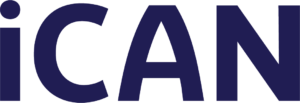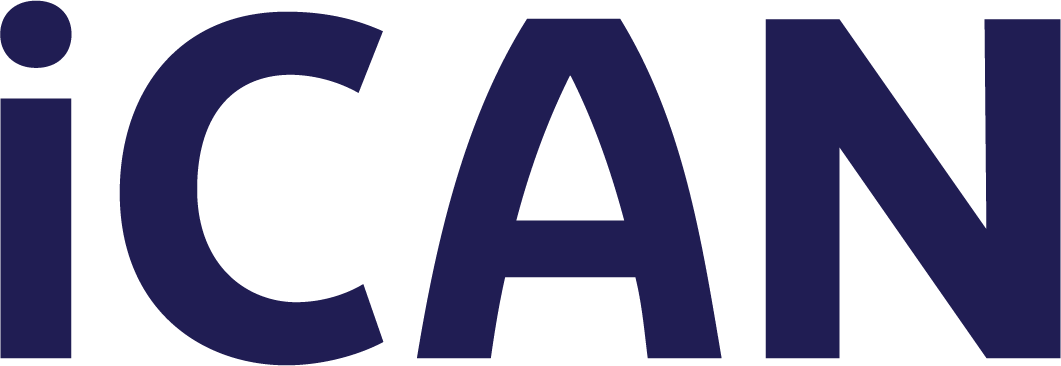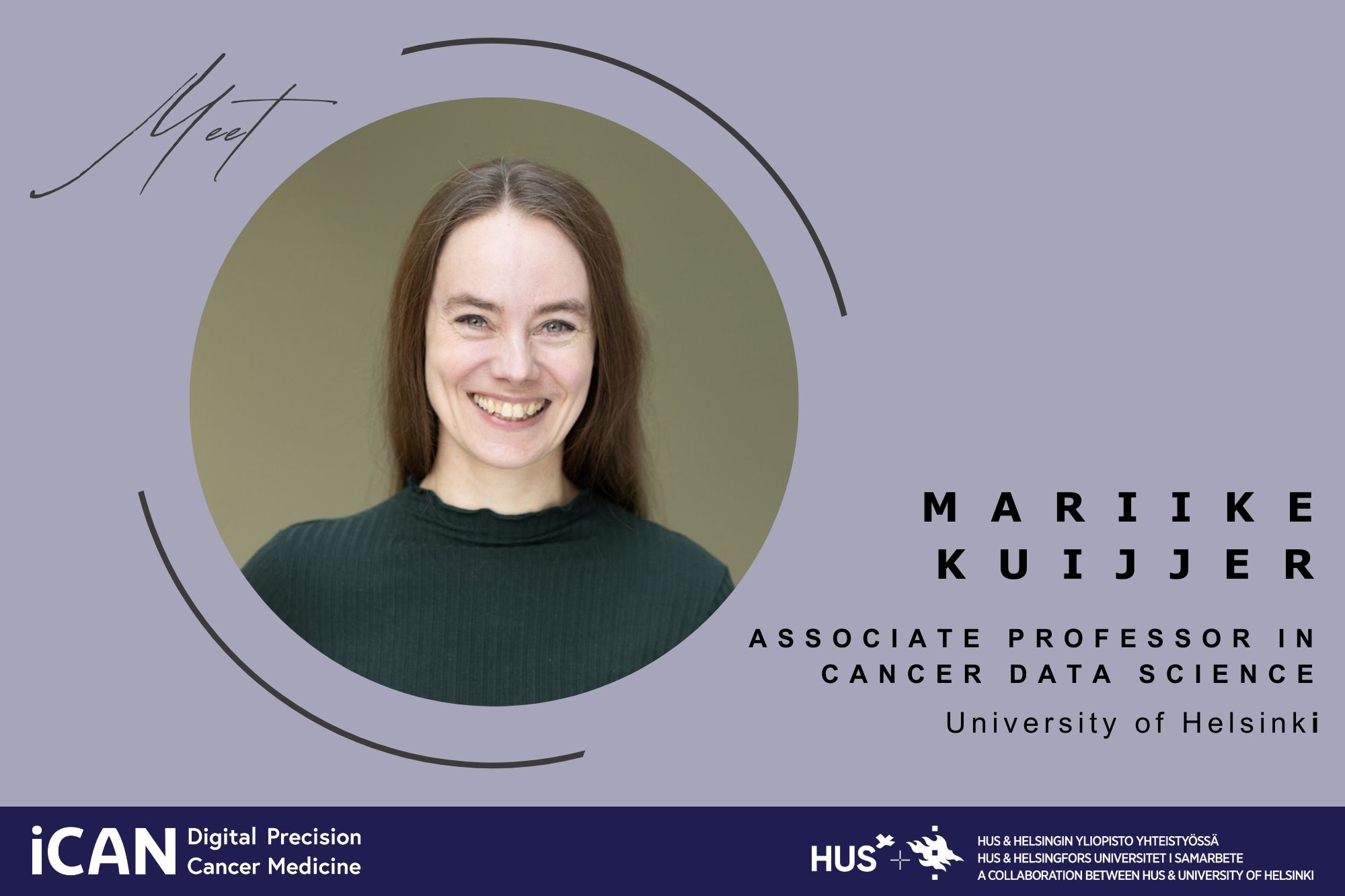Meet Mariike Kuijjer, Associate Professor in Cancer Data Science
Mariike Kuijjer, PhD, started as the Associate Professor in Cancer Data Science at the Faculty of Medicine, University of Helsinki at the beginning of 2025. The position is part of a recruitment initiative by the iCAN Digital Precision Cancer Medicine Flagship Project. In this interview, we explore Kuijjer’s journey, motivations, and vision for the future of cancer data science.
What inspired you you to focus on data science within cancer research?
I’ve always loved solving mathematical problems and did some basic programming as a kid, so my interest in data science came first. I initially studied mathematics but switched to biomedicine because I wanted to see a more direct impact of my work. I was excited about the possibilities of high-throughput techniques and sought out an internship analyzing microarrays, quite a rare opportunity at the time, as many researchers were hesitant to include students due to the method’s complexity and cost.
To be sure that a wet-lab career wasn’t for me, I did my Master’s thesis in signal transduction in bone, which has implications for osteoporosis. While the experience confirmed for me that I wanted to continue with computational work, it got me interested in bone biology, eventually leading me to cancer research in a bioinformatics PhD project in osteosarcoma (a primary bone cancer). During my PhD, I realized that understanding complex cancer genomes required better computational tools. This took me to Boston, where I focused on developing methods to analyze these datasets.
I think I’ve come full circle, as my group combines computational method development with applications to cancer biology.
Could you share some of the pivotal moments in your academic journey that shaped your career – and brought you to Helsinki?
The most pivotal moments for me have been about teaming up with peers. During my postdoc, I worked closely with another postdoc, Kimberly Glass (now Assistant Professor at Harvard Medical School and Harvard School of Public Health), with whom I developed the concept of patient/sample-specific network modeling, by which much of my research program is inspired. When I started my group in Oslo, I teamed up with Anthony Mathelier (who also works on computational aspects of gene regulation), with whom I set-up shared group meetings, co-organized a PhD course on multi-omics integration, and built a strong, collaborative environment.
Having ‘science buddies’ to discuss projects with and who support me has really shown how important it is to have a strong network in science, and I hope to bring that same spirit of teamwork to Helsinki.
Your lab, the Computational Biology and Systems Medicine group at the Centre for Molecular Medicine Norway (NCMM), is developing computational approaches that place genomic data into the context of large-scale, genome-wide regulatory networks. Would you like to tell more about your research & what you are planning to focus on in Helsinki in future?
Absolutely! My team focuses on understanding the regulatory processes that drive cancer. We develop computational tools to analyze large datasets using network-based approaches to map how genes interact and influence each other. Networks are ideal for modeling systems-level interactions, such as genes and their relationships, and can reveal patterns that may not be visible in single-data analyses.
We have various tools for modeling gene regulation, and are continuing to build on these methods. In Helsinki, my focus will be on achieving higher resolution—both in mapping gene regulatory processes with deep learning-based modeling and in capturing heterogeneity within cancer tissues, through developing network modeling methods for single-cell and spatial data.
We also plan to integrate regulatory networks with other omics data and develop new approaches to identify cell and patient subtypes based on regulatory profiles. An example of an applied project is a focus on understanding regulatory processes of breast cancer metastasis. In another project, we will build our understanding of pan-cancer regulatory heterogeneity, and build clinical predictors based on this. The rich data from iCAN will be incredibly valuable for making these ideas a reality!
Due to the iCANDOC doctoral education pilot we have now 152 new doctoral researchers in the field of precision cancer medicine starting their journey in Finland. What would be your message to these young researchers – and others – in this field? What skills do you believe are critical?
Take the time to really explore your data. Data are often treated as a means to an end, but interesting discoveries come when you dig deeper, play with it, and stay curious.
Be proactive in teaming up with your peers to share knowledge and tools. For example, in Oslo, members from our computational teams set up regular sessions to discuss code and software quality. This took some effort, but it really paid off—troubleshooting became much easier, and we avoid constantly reinventing the wheel. (If you’re curious, you can read about our experience in Bioinformatics: https://doi.org/10.1093/bioinformatics/btae632).
Critical skills needed to enter the field: be willing to step out of your comfort zone, ask questions, even the ones you think are “stupid”, as there really are no stupid questions. We all come from different backgrounds, and no one can know everything; that is why we do science in the first place. Actively engage with others. Science is a team effort, and leveraging the collective brain can take you far.
Work-life balance is extremely important! Which emojis would you use to describe your recreational activities?
🩰⛸️
The first emoji shows a personal side of why I’m particularly excited to move to Helsinki in addition to work: adult ballet! While Oslo, where I’m moving from, has good options, Helsinki is one of the best places in Europe with many opportunities for adults who are really dedicated to it. The second emoji reflects my very Dutch love for skating on natural ice, which is why I am very happy to stay in the Nordics.
Mariike, thank you for the interview, and a warm welcome to Helsinki and to the iCAN community!


